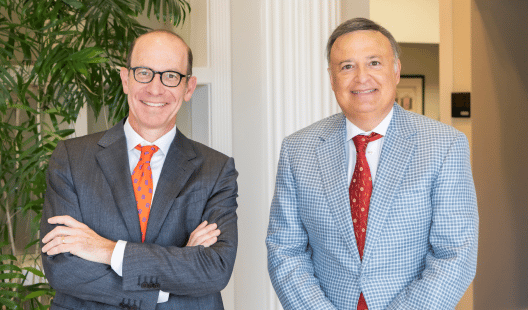We travel to you
Nationally Known Personal Injury Attorneys
Free 24/7 consultation | Free unless you win
"Call The Champs!"
Get a fast & free consultation ▼
* required
WHO WE ARE
“Champions For The Injured Since 1990.”
Our firm has recovered over $2 billion on behalf of victims and their families, and we have represented injured victims for over 30 years.
WON OVER
$2
BILLION
BILLION
FOR CLIENTS
32+
YEARS
YEARS
EXPERIENCE
175
LAWYERS AND
STAFF
HELPING YOU
RECOGNIZED BY









FEATURED IN






WHY CHOOSE US

Available 24/7. We will travel to you. Home and hospital visits are available. We also can provide electronic signups, FaceTime and Zoom meetings as a convenience to you. A member of our team is ready to help once you contact us by telephone, email, or office visit. As our client, we want to make your life as easy as possible throughout the legal process.

We are a large national personal injury law firm with over 34 attorneys, including skilled trial lawyers who go to court on a regular basis and can go the distance, and we also have 135 support staff members ready to help you navigate through the legal process…all done with regular communication, compassion and care.

We offer a free initial consultation with an attorney. No fees until you win. We deliver honest, transparent, and dedicated legal representation to our clients. Our attorneys will thoroughly review and explain all details regarding our representation to you. We always want to make sure that we answer any questions you may have.
Schedule a free and confidential consultation with a lawyer today!
NST IS THE WAY TO GO!
or

Our Satisfied Client Reviews
★★★★★ 4.8/5
4.8
NST was very helpful at a time when my family needed them most. The entire team was courteous and quick to respond to any questions or concerns that arose during the legal process.
Brett B.
NST was amazing from beginning to end. They were there for me every step of the way and made sure that I was aware of everything going on with my case. I would recommend them to anyway needed help.
Kristin R.
NST made my personal injury claim super easy. I got the medical care I needed and got a settlement for my pain and suffering. The customer service was great.
Robert M.
This is the third time NST has helped me! 2 car wrecks and now my disability case. They are caring, supportive and ready to answer all your questions.
Kendra D.
NST Came like a bolt of lighting that next day after my wreck and helped me the NST way. Don't wait or put it off, Give NST a call, they are never to busy in helping. Thanks NST
Kevin P.
They are the best injury law firm! Great communication with constant updates. I was extremely happy with my settlement. You will be glad you chose them. Avoid using the “one call that’s all” law firm. I started with them before I switched to this one . They are one big disappointment. Go with NST.
John R.
Previous
Next
WHAT WE DO
Personal Injury Attorneys
NST Law is a large national personal injury law firm with offices in Tennessee, Arkansas, Mississippi, Missouri, and Illinois. NST Law represents clients nationwide in individual, class action, and mass tort cases.
Get A Fast & Free Consultation
* required
